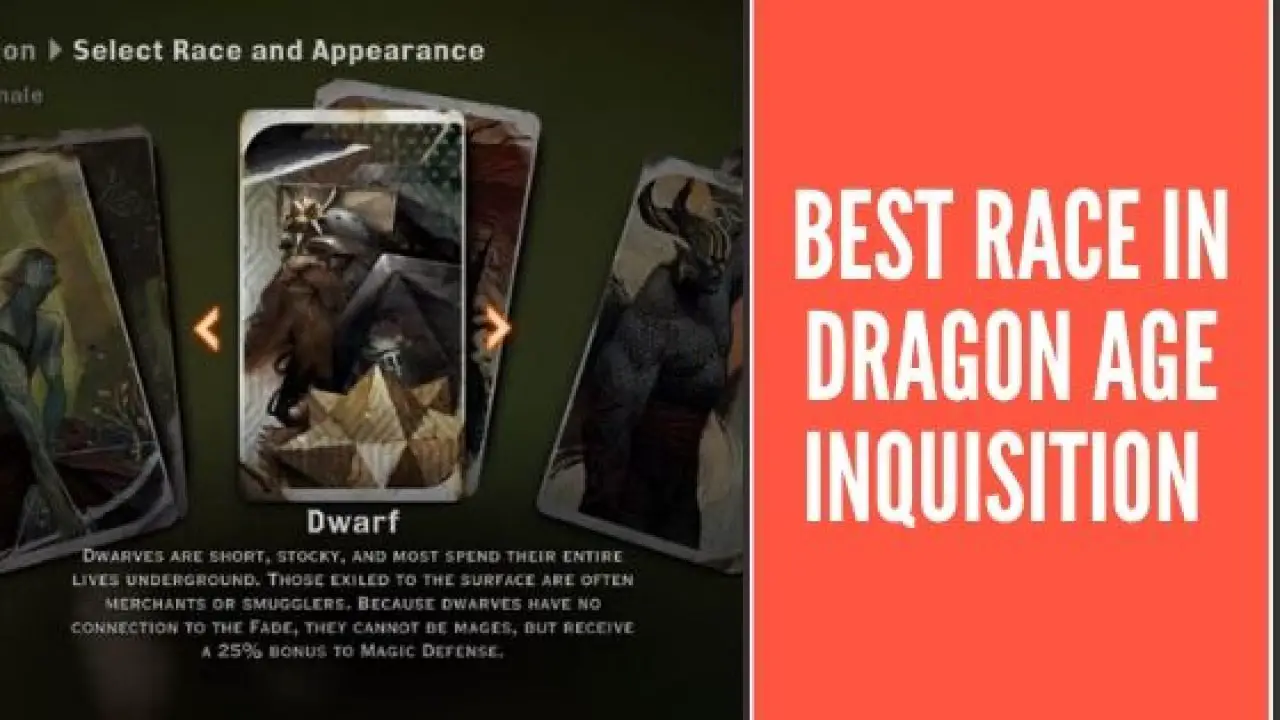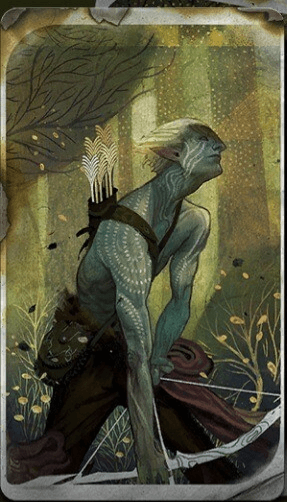

You must not trespass onto the land on which the trees are growing.You must do this at your own expense and follow these criteria: Under common law, you can cut back any branch or root from a tree that comes onto your property. We are not obliged to remove blossom, leaves, fruit, nuts or seeds that have fallen from our trees.To remove ivy (other than to allow for inspection or to reduce the additional wind sail which ivy can create).To reduce or remove a source of pollen (eg for allergy sufferers).To reduce or remove the source of sap (honeydew).To allow building works to proceed (regardless of whether permission has been granted or where building works are permitted development).Where they encroach on utility cables or wires (contact your supplier for advice).

To remove overhanging branches (you have rights to cut back overhanging trees if they encroach on your property).
 For reasons of loss or interference of television or radio service (contact your supplier for advice). The Council is NOT obliged to cut or remove trees: Where the trees have caused proven damage to property. To ensure streetlights and road signs are not obstructed. To maintain clear sight lines at junctions. To ensure clear passage along public rights of way or highways. Where the trees are at imminent risk of causing harm to people or property. In general, we carry out work to our trees: Requests for work to council-owned trees are assessed by our tree officers. Forestry Commission: felling licences (external website). Contact the Forestry Commission to find out if you need a license and obtain an application form. Trees in private gardens are exempt from this control. Further information on wildlife protection see GOV.UK: protecting wildlife and species in England (external website)įelling licences issued by the Forestry Commission controls the quantity of timber that can be felled. You must ensure that bats will not be disturbed, but if they are found during work, stop and contact the Bat Conservation Trust on: 0845 1300228. Bats roost in trees but they are often very hard to find as they hide in holes, cracks under lose bark or amongst ivy. Birds tend to nest between March and August and so particular care must be taken to ensure that they, and their nests, are not disturbed.
For reasons of loss or interference of television or radio service (contact your supplier for advice). The Council is NOT obliged to cut or remove trees: Where the trees have caused proven damage to property. To ensure streetlights and road signs are not obstructed. To maintain clear sight lines at junctions. To ensure clear passage along public rights of way or highways. Where the trees are at imminent risk of causing harm to people or property. In general, we carry out work to our trees: Requests for work to council-owned trees are assessed by our tree officers. Forestry Commission: felling licences (external website). Contact the Forestry Commission to find out if you need a license and obtain an application form. Trees in private gardens are exempt from this control. Further information on wildlife protection see GOV.UK: protecting wildlife and species in England (external website)įelling licences issued by the Forestry Commission controls the quantity of timber that can be felled. You must ensure that bats will not be disturbed, but if they are found during work, stop and contact the Bat Conservation Trust on: 0845 1300228. Bats roost in trees but they are often very hard to find as they hide in holes, cracks under lose bark or amongst ivy. Birds tend to nest between March and August and so particular care must be taken to ensure that they, and their nests, are not disturbed. 
Protected species which are often found in trees and hedges include nesting birds and bats. Whilst all wildlife is important, some species are legally protected. Trees and hedges provide homes, food, and a way to travel across the countryside to many species of animal, bird or insect.








 0 kommentar(er)
0 kommentar(er)
